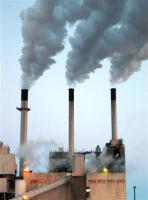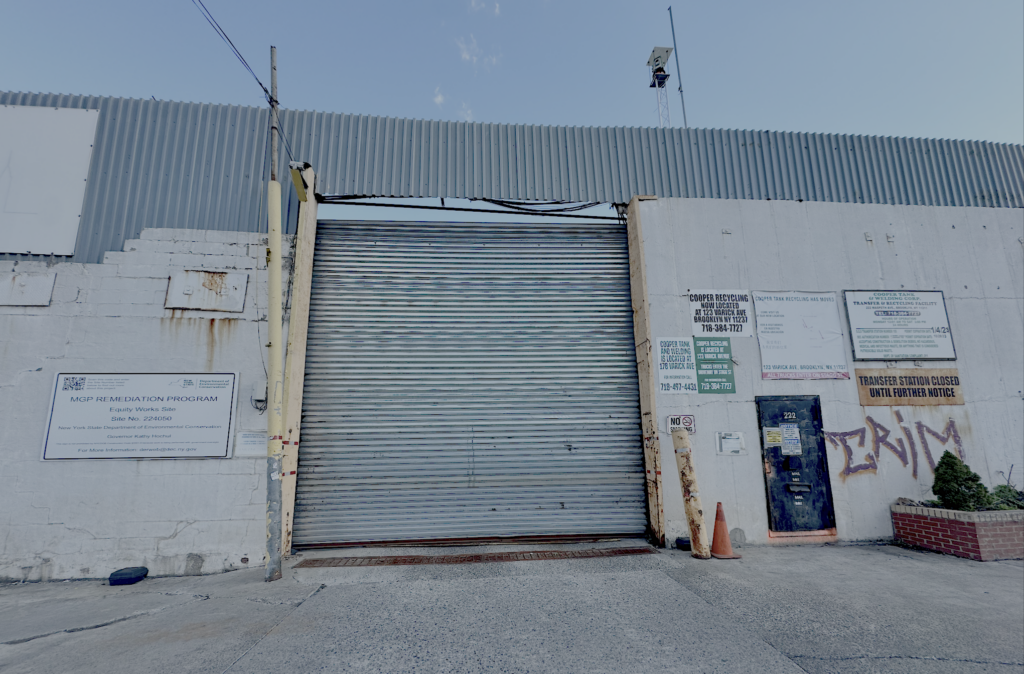The Kansas Department of Health and Environment yesterday became the first government agency in the United States to cite carbon dioxide emissions as the reason for rejecting an air permit for a proposed coal-fired electricity generating plant, saying that the greenhouse gas threatens public health and the environment.
The decision marks a victory for environmental groups that are fighting proposals for new coal-fired plants around the country. It may be the first of a series of similar state actions inspired by a Supreme Court decision in April that asserted that greenhouse gases such as carbon dioxide should be considered pollutants under the Clean Air Act.
Subscribe to our newsletter
Stay up to date with DeSmog news and alerts







